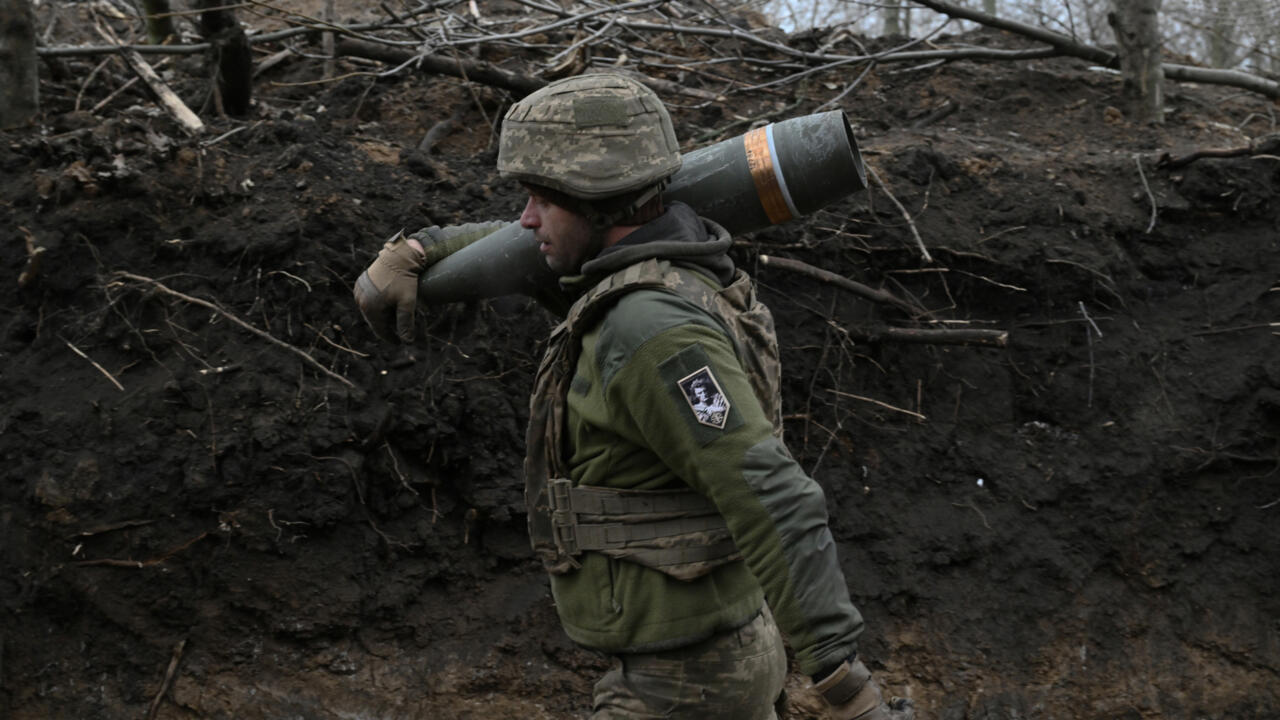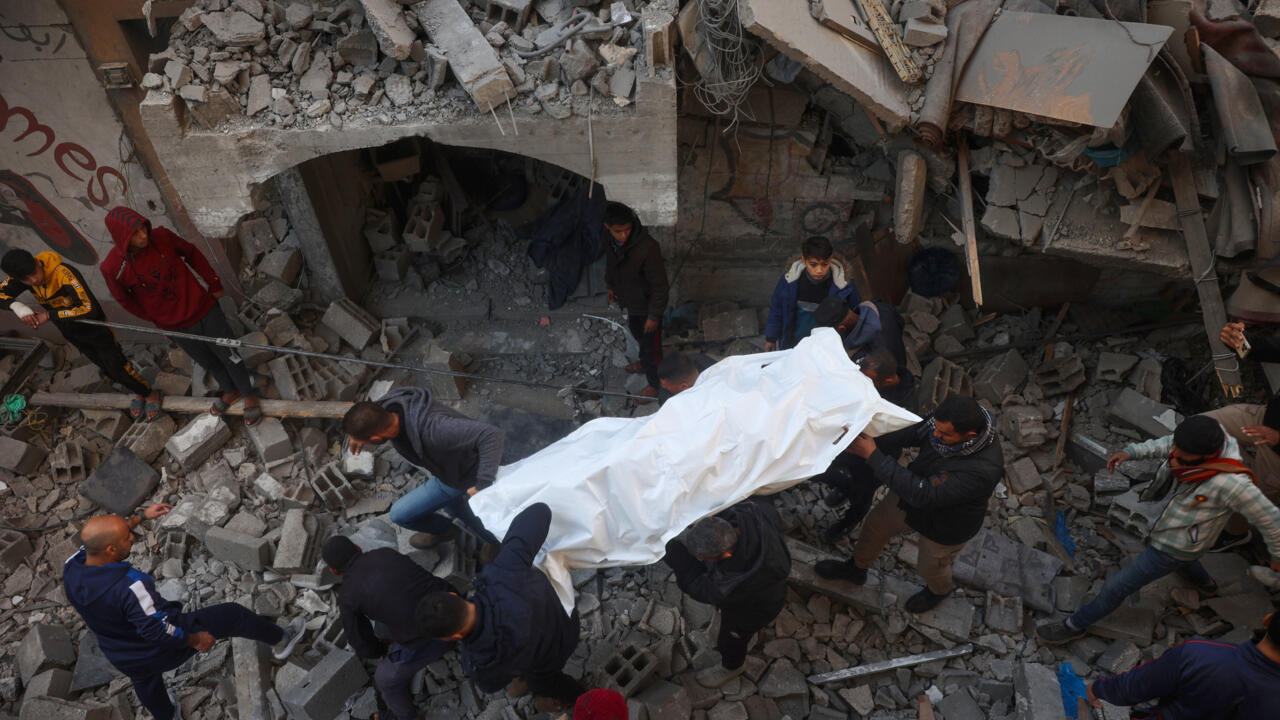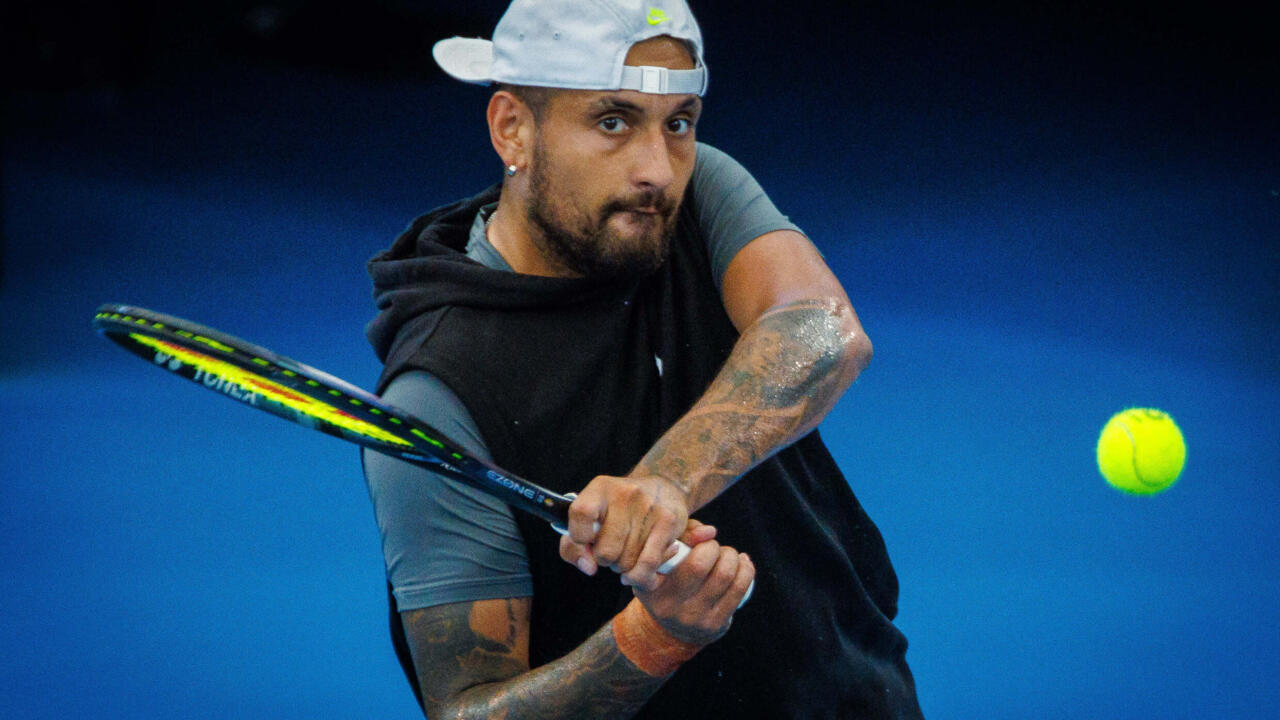Amid the Russian invasion, civilian officials have long complained of communication problems with the army, lamenting the style of Soviet-trained generals.
In November, Pavlo Palisa — a highly respected Ukrainian commander trained at a US military academy — was appointed deputy head of Zelensky’s cabinet, largely to help the presidency get first-hand real-time information from the front.
Analyst Franz-Stefan Gady told AFP such problems were a hangover of the Soviet system, with its “highly centralised command where decision-making power rests firmly and almost totally with high-ranking commanders, often far removed from the battlefield.”
Kyiv had been trying to bring its army up to NATO standards since Russia annexed the Crimean peninsula in 2014 and fomented civil war in the east with pro-Moscow separatists.
While a new generation of officers has been trained, the system itself has not been radically changed. Reports of corruption scandals and abuse of power by senior army officials are routine.
“The higher your rank is, the less the law applies to you,” soldier and influencer Valery Markous said in a recent video on social media.
Even commander Drapaty admitted that Ukraine’s soldiers are often “scared” of their superiors.
“The post-Soviet spirit must be eradicated,” he said.
© 2025 AFP






